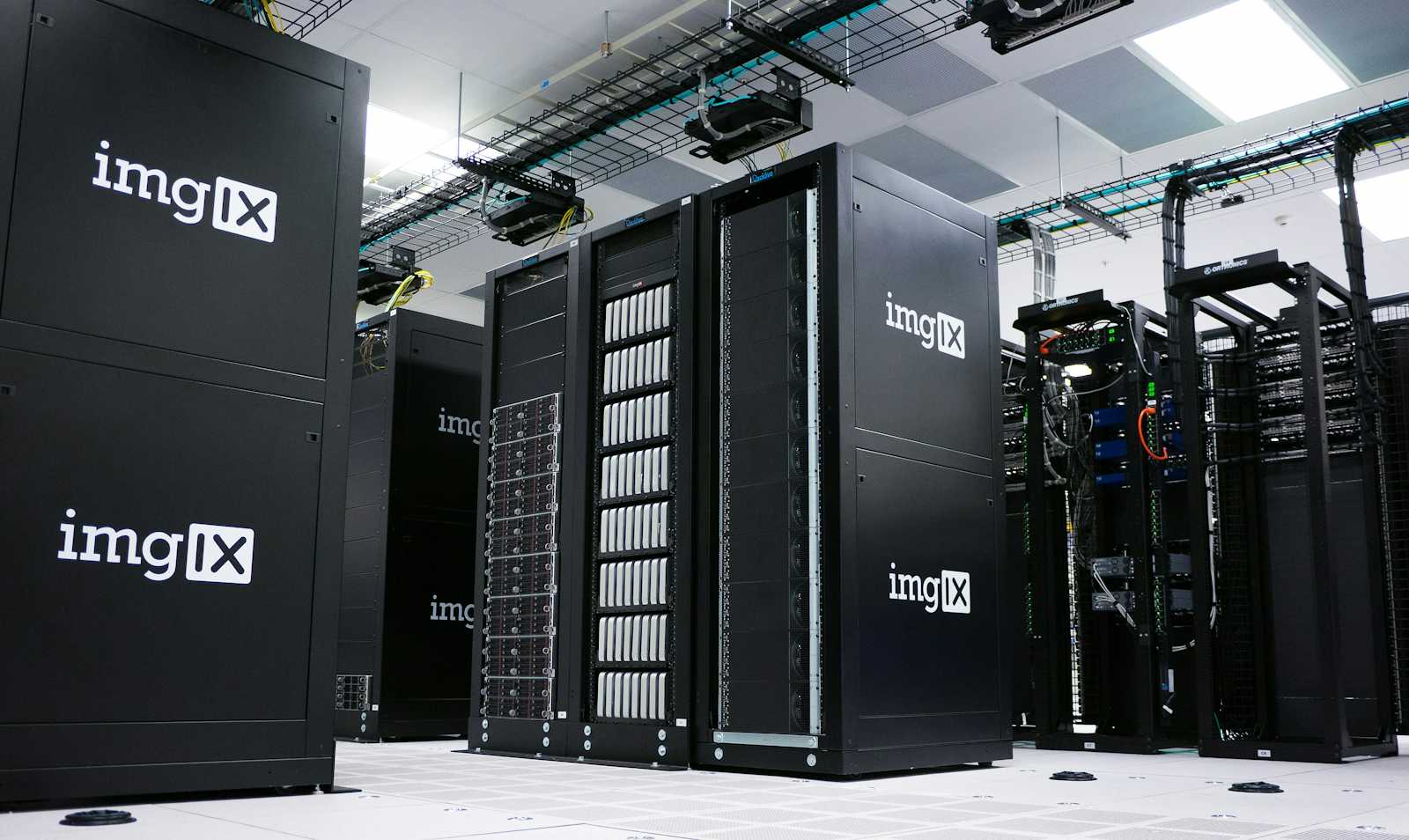Understanding Data Centers: The Nerve Centers of the Digital World
 Utsav Gohel
Utsav Gohel
Absolutely, here's a short blog post on "What is a Data Center?"
What is Data Center ?
In our increasingly interconnected and data-driven world, the term "data center" has become a buzzword, often associated with the backbone of modern technology. But what exactly is a data center?
Defining the Data Center
At its core, a data center is a specialized facility designed to house a multitude of computing and networking equipment. Think of it as a digital powerhouse, where servers, storage devices, and networking components come together to form the nerve center of various IT operations.
Components of a Data Center
1. Servers:
- These are the workhorses of a data center, responsible for processing and computing tasks. They handle everything from running applications to managing databases.
2. Storage:
- Devices dedicated to storing vast amounts of data, ensuring that information is readily available whenever needed.
3. Networking Equipment:
- Routers, switches, and other devices that enable seamless communication between different components within the data center and beyond.
4. Cooling Systems:
- Essential to prevent overheating of the equipment, ensuring optimal performance and longevity.
5. Power Infrastructure:
- Data centers require a robust power supply to keep operations running smoothly. Redundancy is often built-in to mitigate the impact of power failures.
The Purpose of Data Centers
Why do we need these digital fortresses? Data centers serve as the backbone for a myriad of IT operations, including:
Hosting Websites: Websites and online platforms are stored and managed in data centers, ensuring they are accessible to users around the globe.
Processing Data: Data centers process and analyze vast datasets, supporting various applications from business intelligence to scientific research.
Storing Information: Your photos, documents, and other digital files find a home in the storage systems of data centers.
Types of Data Centers
Data centers come in various forms to cater to different needs:
Enterprise Data Centers: Owned and operated by individual organizations for their internal IT requirements.
Cloud Data Centers: Infrastructure operated by cloud service providers, delivering services over the internet.
Colocation Data Centers: Facilities where multiple tenants colocate their servers, sharing the same physical space.
Connecting the Dots to Cloud Computing
Understanding data centers is pivotal for grasping the concept of cloud computing. Cloud services, such as those offered by Amazon Web Services (AWS) or Microsoft Azure, rely on massive, global data centers to provide scalable and on-demand resources over the internet.
In conclusion, data centers are the unsung heroes of the digital age. They power the applications we use, store the data we generate, and form the backbone of the interconnected world we live in. As we delve deeper into the realms of technology, appreciating the role of these digital fortresses becomes increasingly important.
So, the next time you send an email, stream a video, or access your favorite app, remember that a data center somewhere is working diligently behind the scenes to make it all possible.
Utsav Gohel
MSc Cloud Computing - University of East London
Subscribe to my newsletter
Read articles from Utsav Gohel directly inside your inbox. Subscribe to the newsletter, and don't miss out.
Written by
